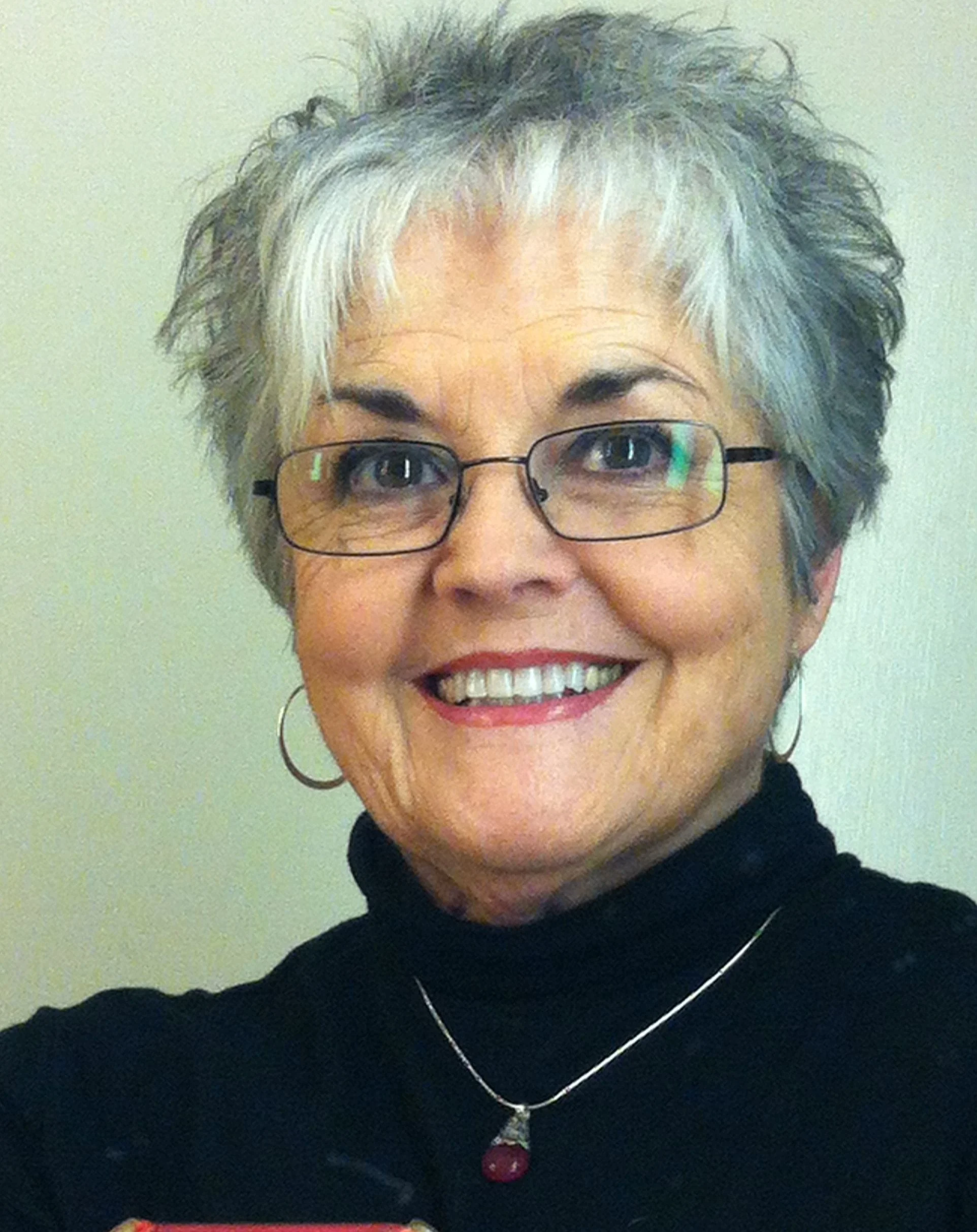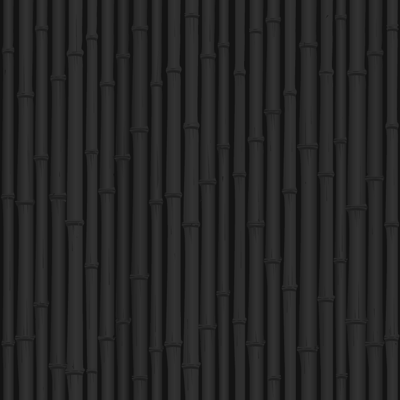For a long time, the issue of Free Will has fascinated me. Although the question remains, I've had some thoughts about this subject, and will share them with you.
Nature, Nurture, and the Problem of Free Will
“The fault, dear Brutus, is not in our stars / But in ourselves, that we are underlings.” (Shakespeare, 1599)
Every now and then, throughout my life, I’ve wondered about the issue of Free Will. Is it an illusion? Do we humans actually have the ability to weigh options and make choices or are we condemned to playing out our destinies determined by genetics tempered by conditioning, the firing of neurotransmitters, brain and physical chemicals, or the alignment of the planets?
I’ve had many occasions in which it seemed as though, contrary to my best intentions, I acted in a way that was opposite to the way in which I consciously intended to act. For example, after doing all I had to do to sit for the MFT licensing exam (graduate school, Master’s degree, learning the language of psychology – transference, countertransference, reaction formation, ego, superego, id, conscious, unconscious, pre-conscious, thousands and thousands of unpaid internship hours!), I became aware of ways in which I seemed to be sabotaging getting that which I professed to eagerly want: my license. At exam time, instead of driving on the freeway south toward the hotel in which the exam was to be given, I “found” myself driving north! After correcting this “mistake,” I arrived at the venue of the exam, and discovered I’d forgotten my picture ID (fortunately, my husband was with me and vouched that I was, indeed, me. The gatekeepers relented, I suppose since he looked like a trustworthy fellow, and I was able to sit for the exam!)
In my personal therapy I’d become aware of my “survivor guilt.” Survivor guilt is a term that originated during wartime, when soldiers would survive the deaths of their comrades and be unable to celebrate their own survival because of the sometimes crippling guilt and belief that they really shouldn’t be alive if their comrades had died. In everyday life, we see “survivor guilt” not infrequently with people who hold themselves back because, unconsciously, they believe that their success or good fortune will hurt a loved one or someone they care about. Sometimes we see it with people who seem to not be able to surpass the accomplishments of their parents, or of a sibling or even a good friend - people who sabotage their own success while protesting that they want to succeed. Of course, I wanted to succeed. But the backstory was that I was the first female in my family to get a college degree, not to mention a graduate degree. So even though I told myself “You go, girl!,” the ways in which I was holding myself back began to emerge the closer I got to realizing my ambition. It required a concerted effort on my part to fight this compulsion to hold myself back, to not succeed. Fortunately, with great effort, I managed to push through the urges to undermine accomplishing my goal, and I got my license in 1996.
If, as Freud maintained, the purpose of psychoanalysis is to make the unconscious conscious (Freud: “Where id is, there shall ego be”), we might ask: to what aim? Could it be only to change “neurotic misery to ordinary human unhappiness” (Freud, 1895)? Might a more generous view be that bringing to consciousness that which was previously unconscious or repressed can be instrumental in freeing a person from neuroses that are mysterious, limiting, and get in the way of leading a fully happy and productive life?
Free Will?
The “problem” of free will is something that has been among the three or four most important philosophical problems of all time. All we have to do is check out the many dense and scholarly papers on the subject to become aware that arguments maintaining the existence of free will, as well as those maintaining that it’s an illusion and non-existent, have been around for thousands of years. The notion of free will crosses over into psychological theory, is a major paradox in most organized religions (co-existing with determinism), and is valued as something to be experienced and exercised whenever possible. The debate between those who maintain that humans have free will (the ability to make choices in the ways they act, react and respond to external and internal prompts and stimuli) has been going on not only since the ancient Greek philosophers, but continues to this day. It is not my intention to enter into the fray and take a stand philosophically on this issue, as much has been written about whether we can actually have free will, or, as maintained by the Determinists, we have no choices at all but are destined to act the ways we do because of the interactions of certain brain chemicals, early environmental experiences, and any number of causal factors (the food we eat, astrological influences, gamma rays, etc.)
As anyone who has struggled with addiction and “hit bottom” can attest, it seems overwhelmingly apparent that “free will” is inoperative and the notion useless when in the clutches of the addictive substance. I have been sober since 1981, but not before I was brought to my knees after numerous attempts to use my “will” to control my drinking. Making “rules” like: no more hard liquor. O.K. – no hard liquor, only wine and beer. Then after experiencing the same disastrous results with wine and beer, making the rule that I’d only drink beer. I actually didn’t even like beer that much – but “liking” had little to do with it. I was after the effect.
Still disastrous results. Then “only beer with Mexican and German food.” I found myself eating only Mexican and German food. Then (can you believe it? This is what is known as “stinkin’ thinkin’” in the recovery world), O.K. – only three more blackouts before I call AA. I managed to have 3 blackouts in one week, made the call, was escorted to a meeting where I wept out of fear that “it” wouldn’t work, but got sober fully realizing that there were no guarantees, and have been able to maintain sobriety ever since.
Nature Versus Nurture
It is pretty much agreed that we inherit traits that are inherent; that, constitutionally, we have certain characteristics, whether they be physical, emotional, intellectual or behavioral. The reason for the inheritance of these traits is because of certain genes that are passed on to us by our parents and their forebears. This fact seems to be apparent: children often resemble one or both parents, and even relatives who have never met can often exhibit physical traits and mannerisms which are similar (I have a nephew, son of my sister, who was born in Great Britain, never met his uncle – my brother – and yet not only looked like him, but parted his hair on the same side and had a similar mannerism of stopping and slowly responding when asked a question – a departure from the styles of other members of the family!)
It is also widely accepted that events and experiences that happen when a child is very young can influence later behavior, set up, as Stolorow would put it, “invariant organizing principles,” or “pathogenic beliefs” as the Control Mastery people might maintain. Trauma, especially, is known to affect the character, beliefs and behavior of the child that are then carried over into adulthood. As therapists, we’ve all seen the devastating effects of early childhood sexual and physical abuse in all too many of our clients.
Twin studies (of twins separated at birth) have shown a staggering influence of genetics fueling the debate on Nature versus Nurture (studies were a result of a collaboration between Dr. Beben Benyamin from the Queensland Brain Institute and researchers at the VU University of Amsterdam). However the culmination of more than half a century of research collected on 14.5 million pairs of twins has finally concluded that the “nature-versus-nurture” debate is a draw . . . both early environment and inherited genes have nearly identical influences on a person’s behavior, which suggests we need to stop looking at ourselves as a result of nature versus nurture, and instead realize we are a combination of both.
Both/And Instead of Either/Or
So what does this have to do with Free Will or No Free Will?
I think it is useful to assume that, to a certain extent, individuals have a desire to have an internal locus of control (free will). Some will maintain that they don’t, that they have no choice but to act the way they do and believe what they believe, and thus see themselves as victims of circumstances and causes beyond their control, therefore absolving themselves of blame (or credit) or needing to be accountable. Other individuals might grandiosely see themselves as being entirely in control, that the choices they make and have made have resulted in events turning out well (or not), taking the credit (or blame). I have often noticed that many people, when misfortune or tragedy befalls them, blame themselves for the turn of events, leading me to believe that most people would rather feel guilty than powerless. (I’ve noticed, in the case of a suicide, often loved ones of the deceased will agonize about what they “could have done differently” that would have resulted in the person not committing suicide, an “if/only” belief. Even retroactively, some find it preferable to believe that they could have done something differently that would have saved the deceased’s life rather than view themselves as powerless in the face of such tragic loss.)
I think it would be useful for us, as psychotherapists, to take a stance following the example of the twin studies that concluded it isn’t either Nature or Nurture that determines beliefs and behavioral traits, but it’s both/and. So with free will I propose that it too, is and is not what determines behavior. That as long as mistaken beliefs remain unconscious, our behavior is often determined and not freely chosen, but when these limiting and constraining beliefs come to light, we then have choices, options, Free Will. And we can “turn down the volume” on choices of action that we might feel inclined (but now not compelled) to take. And this is where psychotherapy and psychoanalysis is useful, helping to make the “unconscious” conscious, helping the client go from behaving automatically, driven by unconscious “pathogenic beliefs” or “invariant organizing principles” to an experience of having choices, options, and an ability to shape (to a greater extent) his or her own life.
A Metronome Metaphor
Before deciding that I wanted to be a psychotherapist, I had already been a musician, teacher and performer for many years. Even during graduate school in psychology and during these past 20 years in private practice, I have continued my interest and practice in music.
One day, the metronome was ticking away, not for any particular piece of music, but was “on.” I was taking a break, day-dreaming perhaps of what piece I would next work on, when I became aware that I was automatically organizing the “tick-tick-tick-tick” of the metronome into groups of four: one -two-three-four, one -two-three-four, etc. I had heard this metronome ticking many times, but had never realized that I was organizing the “ticks” into groups before. This particular time, I was curious about my doing it automatically . . . no conscious decision on my part had been responsible for this particular choice of what could be called a 4/4 time signature. I wondered if I could change it: “tick-tick-tick, tick-tick-tick,” one -two-three, one-two-three, etc. Almost instantly, I could “hear” the ticks in groups of three as compellingly as I had previously heard them in groups of four. Then two, or five, or six, or any number I wanted to hear with the strong beat on the “one.” For me, this experience became a metaphor for how we all have an automatic “come-from,” unconscious “organizing principles” or beliefs that we don’t question (until we do). When, through introspection or psychotherapy or psychoanalysis, we become aware of what our “come-froms” are, the automatic responses we have to experiences which are a result of early experiences (“nurture”) or constitution (“nature”), we can consciously choose to change what is automatic, much like I was able to change 4/4 to 3/4 and have the latter be just as compelling as what I originally heard without thought or conscious choice. These choices frequently can serve us better than the automatic responses and reactions we so often take for granted.
My objective, as I’ve stated, is not to argue about whether free will exists or doesn’t exist. But I think that it might to useful to assume, for the purpose of assisting people who come into therapy seeking our help, that the experience of having free will, of having choices, can and does exist, and is a positive and therapeutic one for these people (and for all of us). When we are able, in our work, to help people become aware and identify those beliefs that are automatic, their “come-froms,” we are assisting them in seeing and experiencing that there might be other ways of perceiving events in their lives and their reactions to these events. When this realization occurs, their options for thinking and behavior increase, and they can have more choices in how they view the world and their place in it.
And as for addiction: the experience of free will is had as long as the substance of choice is not swallowed, smoked, snorted, shot-up or acted out. The experience of free will disappears when the addict/alcoholic is swallowing, smoking, snorting, or shooting up the drug of choice, or acting out (as in the case of sexual or gambling addictions). Abstinence from these behaviors would be the equivalent of learning what our formerly unconscious pathogenic beliefs have been, and in this way, giving ourselves a sense having agency in shaping our own lives.
As the poet Mary Oliver wrote: “Tell me, what is it you plan to do with your one wild and precious life?”
Patricia Ross, MFT
Citations
Breuer, Joseph – Freud, Sigmund: “ Studies in Hysteria .” Authorized translation with an introduction by A.A. Brill ( Nervous and Mental Disease Monograph Series No. 61) Nervous and Mental Disease Publishing, New York, 1937
Dana Dovey, Medical Daily, May 22, 2015
Freud, 1923; “ The Ego and the Id ,” Hogarth Press Ltd., London 1949
Mary Oliver, New and Selected Poems, Beacon Press, Boston, MA 1992
William Shakespeare, Julius Caesar , Act I, Scene III, L. 140-141, 1599
Robert Stolorow, Psychoanalytic Review 83: 181-194, 1996
J Weiss, H. Sampson & the Mt. Zion Research Group, “ The Psychoanalytic Process: Theory, Clinical Observation and Empirical Research ,” 1986
Patricia Ross is a Marriage, Family Therapist in private practice in San Francisco, CA. Her clinical orientation is primarily informed by contemporary psychoanalysis, and she has been trained in Psychoanalytic Psychotherapy through the Institute for Contemporary Psychoanalysis North, in San Francisco. She also holds a certificate in Drug and Alcohol Studies from U.C. Berkeley. She is the author of “So You Want To Be A Therapist?,” Mustard Seed Press, 2002. She works with individuals and couples.



